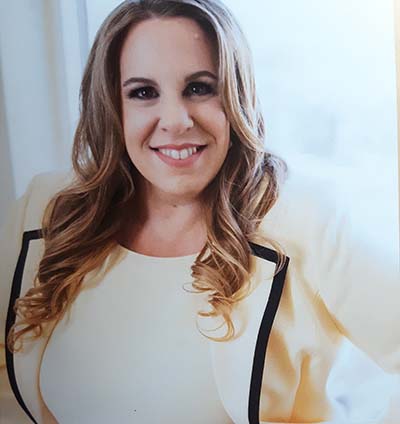Bias Against Aging and Self-Perception
Photo by Ron Lach : https://www.pexels.com/photo/man-typing-on-computer-which-is-tied-with-a-tape-9830809/
When I was asked to teach the Psychology of Prejudice, I wondered how to create a course that could talk about bias in a way everyone could understand. The search didn’t take long. I looked to myself. And ageism.
The Right Side of 40 is a reader-supported publication. To receive new posts and support my work, consider becoming a free or paid subscriber.
We are all ageists. We are unconsciously and consciously biased against older adults, who are our future selves. Let that sink in. We all hold prejudice against ourselves. It is in what we say about the physical and cognitive abilities of those who are older than us. If a person is 30, then 50 or 60 is considered old. Once we reach 50, 70 is old. And so on. Once we reach midlife, we start to see a decline in the physical and cognitive abilities of those around us. Simple things like the need for reading glasses and occasional word-finding problems. This bias isn’t without emotional backlash. It harms us. It causes us to have imposter syndrome in things we consider ourselves experts in.
How Internalized Ageism Leads to Imposter SyndromeOne significant factor contributing to imposter syndrome in older adults is internalized ageism. This bias against Aging can lead to a bias against oneself, exacerbating feelings of inadequacy and self-doubt.
Self-Perception: Older adults often internalize societal attitudes about aging, leading to negative self-perceptions. They might believe that their age automatically makes them less capable, regardless of their actual performance or abilities.
Self-Fulfilling Prophecy: When older individuals believe in these stereotypes, they may unconsciously act in ways that reinforce these beliefs, further diminishing their confidence and perpetuating the cycle of imposter syndrome.
Joel Weinberger’s research highlights the profound impact of societal attitudes on self-perception. According to Weinberger, “Our unconscious biases and societal messages about aging significantly shape how we view ourselves as we age. These biases can lead to self-doubt and feelings of inadequacy, even in the face of clear evidence of competence” (Weinberger, 2023).
Addressing Imposter Syndrome in Older AdultsRecognizing that imposter syndrome can affect people of all ages is the first step towards addressing it. Here are some strategies:
Education and Awareness: Raise awareness about imposter syndrome and how it can manifest in older adults.
Positive Reinforcement: Encourage older individuals to acknowledge and celebrate their achievements and contributions.
Lifelong Learning: Promote continuous learning and skill development to help older adults stay current and feel competent.
Mentorship and Support Networks: Create support networks and mentorship opportunities where older adults can share experiences and gain validation.
Challenge Ageist Attitudes: Work towards changing societal attitudes and stereotypes about aging and competence.
By understanding and addressing the unique challenges that older adults face, we can help mitigate the impact of imposter syndrome and support their confidence and well-being.
Citation: Weinberger, J. (2023). The Impact of Unconscious Biases on Self-Perception in Aging. Psychological Review, 130(2), 234-245.
The Right Side of 40 is a reader-supported publication. To receive new posts and support my work, consider becoming a free or paid subscriber.
Originally Published on https://deborahheiserphd.substack.com/
























